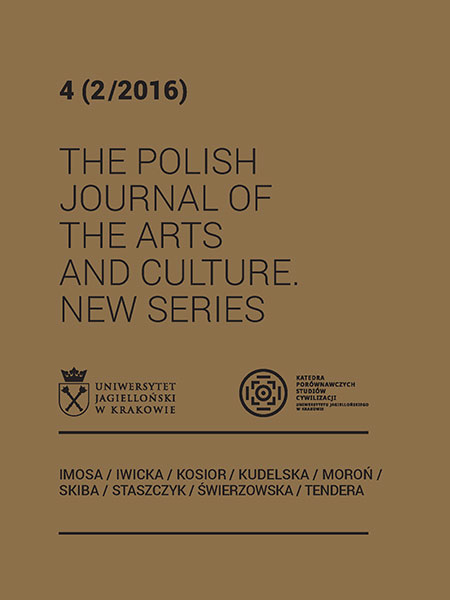Konstrukt tsuchigumo jako mitologizacja zagrożenia
The Idea of Tsuchigumo as the Mythologisation of the Threat
Author(s): Renata IwickaSubject(s): Sociology of Culture
Published by: Wydawnictwo Uniwersytetu Jagiellońskiego
Keywords: Japan; spider; Otherness; tsuchigumo
Summary/Abstract: Tsuchigumo –that is, “ground spider” or “earth spider” – is a malevolent entity existing deep inside Japanese legends. Narratives about these bloodthirsty and violent spiders harassing Yamato soldiers appear as early as the 8th century, although their origins lie deeper. Tsuchigumo is not only a giant spider, vanquished by Emperors or warriors, but the name also signifies many ethnically heterogenous groups fighting the dominating Yamato group before the 8th century. Calling the unruly and defiant clans and ethnic groups tsuchigumo put the Yamato clans within the human sphere and their opponents outside of it. This process led to the demonisation of everything that lay beyond the familiar circle, labelling it as Other, Strange, and finally – Non-human, a Demon. Hence tsuchigumo became a demonic creature, existing on the fringe of civilisation, an unwanted and disruptive element that needed to be thrown into oblivion for the rest of the world to properly function. The article seeks to establish a connection between the roots of the concept of tsuchigumo and the process of demonising the Other as seen in Japanese culture.
Journal: The Polish Journal of the Arts and Culture. New Series
- Issue Year: 5/2017
- Issue No: 1
- Page Range: 51-65
- Page Count: 15
- Language: Polish

